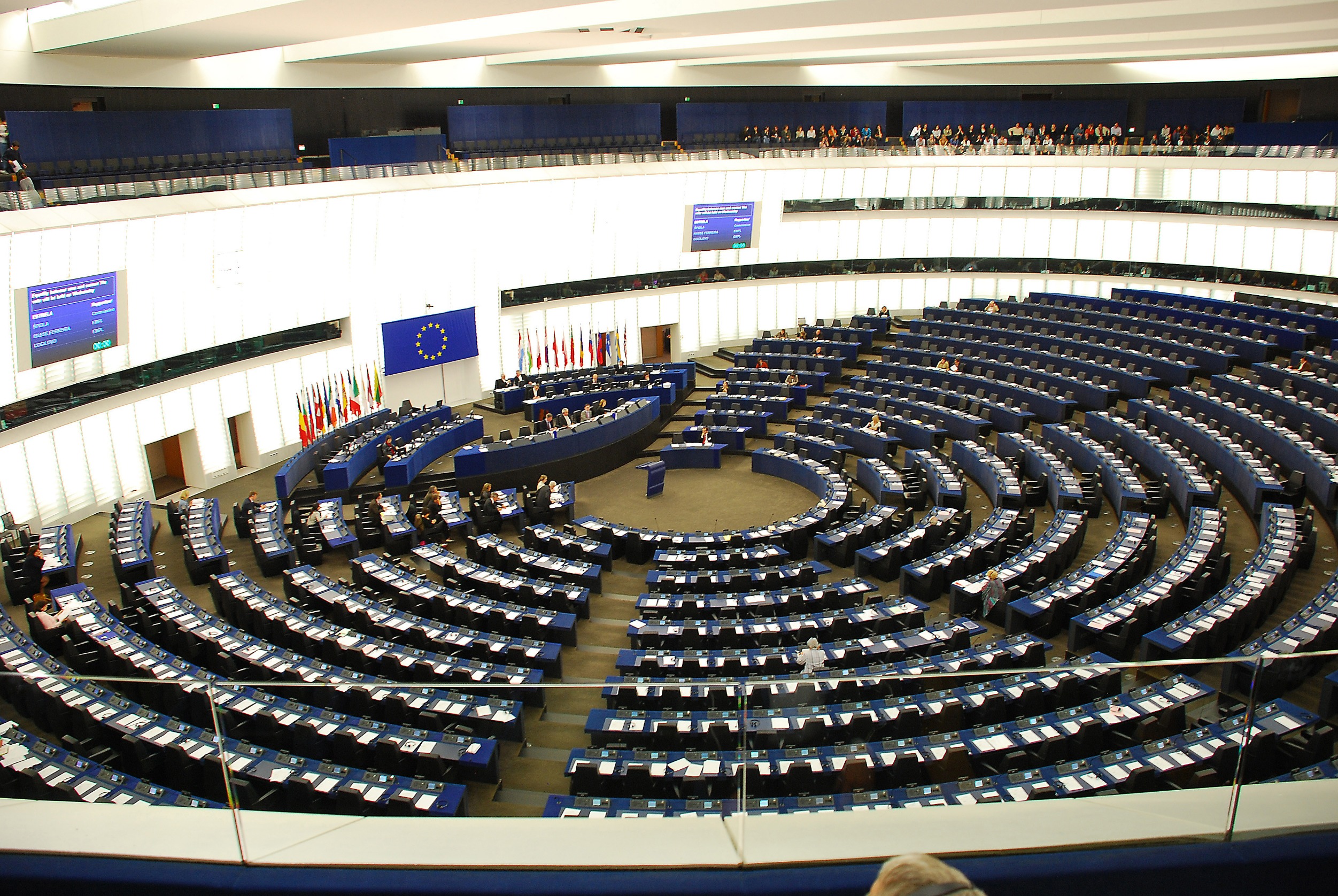INCA is focusing on the influence big techs have on democracy. In terms of political power, INCA aims to clarify how the big tech companies influence the political process. This can consist of different forms, and within the whole cycle of policy and lawmaking, as there are different stages at which this political influence can be seen. For instance, at the stage of adopting a law, but also at later on stage, when a law already is adopted, these corporations try to influence how certain norms in the law are interpreted and how they are enforced. So we are trying to understand how this political power is expressed within this whole cycle, how can we make it more transparent, and in the end also come up with recommendations on how we can address it better.
Politics

Another form of influence of these big tech companies is the strength of their politics. INCA assumes these firms are infrastructures of our society, and our social life, so it is aimed at investigating the implications of their political strength, in terms of the algorithm management they do, the algorithmic governance, or the data collection and management. Data collection is particularly relevant, as it was formerly a kind of prerogative of the states. Still, this prerogative is shared also with private companies and private firms such as the GAFAM.
Besides mobilizing a political issue, inequalities (prevalent among platforms’ employees, see the economic dimension) are one of the sources of erosion of democratic institutions as many studies suggest. There has been reported a strong relationship between increases in unemployment and voting for non-mainstream, especially populist, parties. Moreover, increases in unemployment go in tandem with a decline in trust in national and European political institutions.